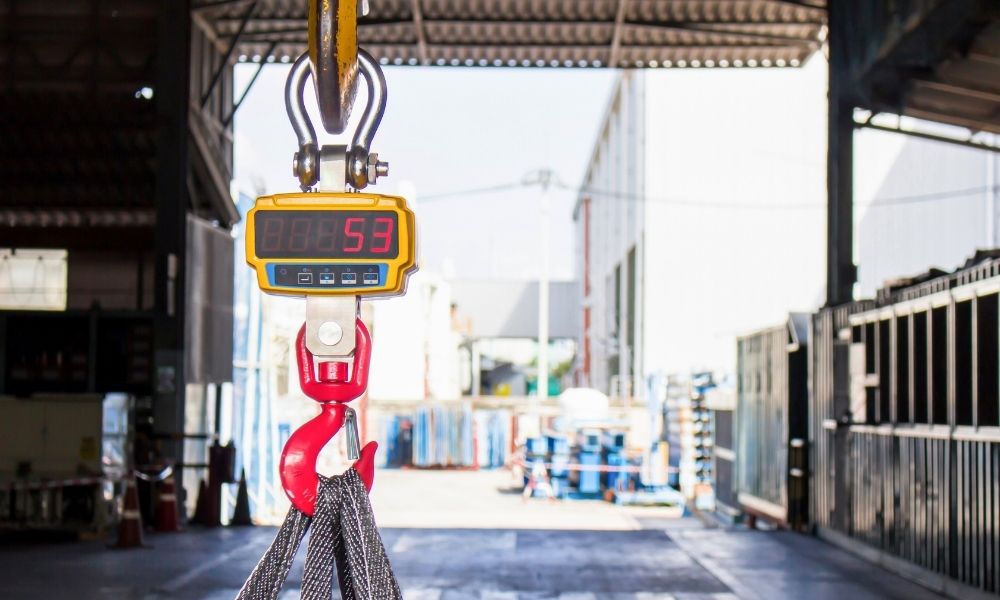The process of recalibrating your industrial scales involves an extensive amount of testing and can be a bit tedious, but it’s essential to running your business. There are many things that can go wrong if you fail to do this regularly, which is why we’ve put together a list of the top reasons why you should calibrate your industrial scales as often as you can.
To Ensure Customers Get the Correct Amount of Their Product
Whether you’ve accidentally been giving your customers too much of what they asked for or too little, you’ll have a serious problem on your hands, and you can most likely attribute it to an imbalanced scale. Accuracy is crucial for this reason alone. Either you’ll run out of a particular product before you typically should have, or you will have a lot of upset customers not receiving what they paid for.
It’s a lose-lose scenario, so it’s better to take the time to ensure that the scales get calibrated. However, if it turns out your heavy-duty weighing scale broke on you, and you need a replacement, then you should check out our website. We have whatever type of scale you could possibly want for all your weighing needs.
For the Safety of Workers and Equipment
Other than being bad for business, the incorrect information given by a misaligned scale could end up injuring someone. For example, if a box of your product is heavier than what it’s labeled as, an employee might try to lift it and seriously injure themselves.
Even if a person doesn’t lift it themselves, a piece of machinery could exceed its recommended weight limit and break down due to how heavy the object was. These two scenarios can lead to either a costly lawsuit or the purchase of an expensive replacement.
To Avoid Unnecessary Fines and Penalties
Due to all of this, the final reason why you should calibrate your industrial scales is simply to avoid the fines and penalties that are associated with failing to do so. Unfortunately, not all companies take these issues seriously, leading them to never calibrate their scales. That’s why governing boards have set up regulatory compliance standards that companies must follow, and not following them will have consequences.
Occasionally, businesses who don’t really deserve it will get slapped with a fine for minor slip-ups, but rules and regulations like this need to exist in order to keep those who mean to take advantage in line.
